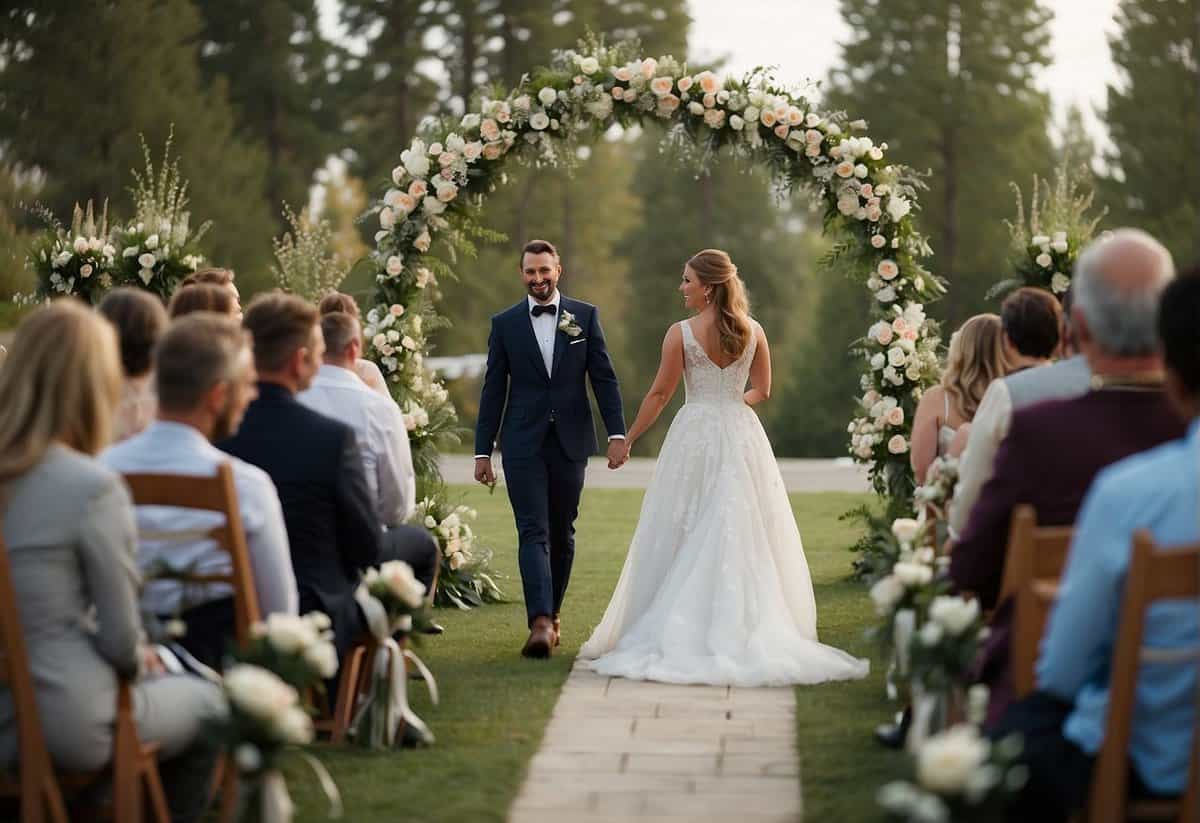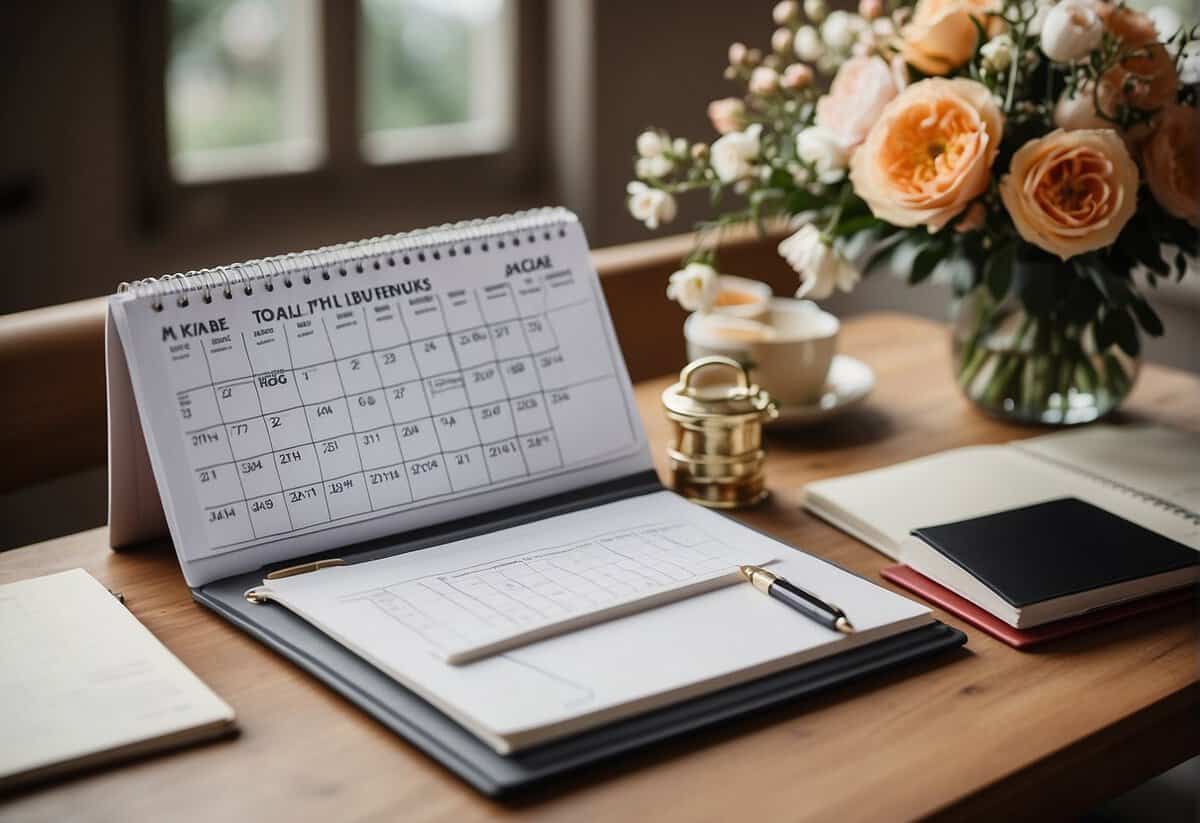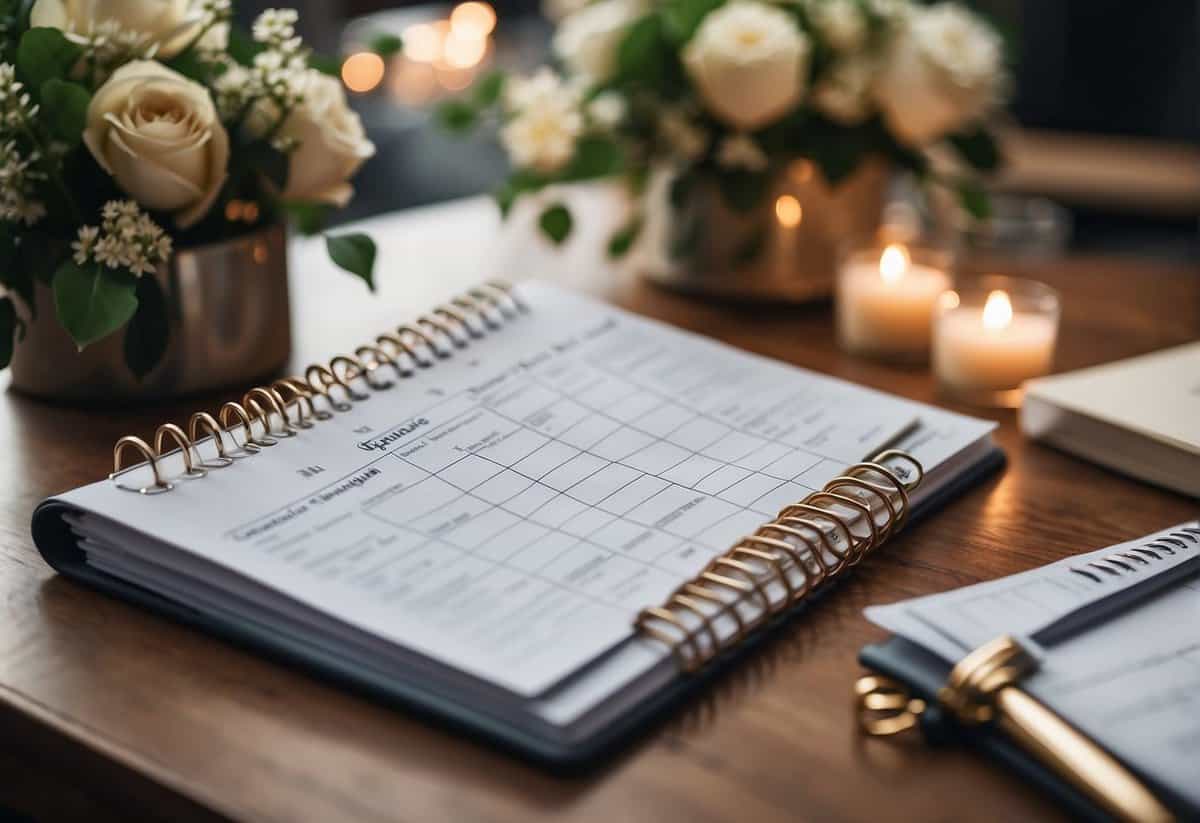Who Typically Plans a Wedding? Unveiling the Usual Suspects Behind the Scenes
Wedding planning is a monumental task that traditionally involves the couple at the center of the celebration, their families, and often a team of professionals. As you begin this journey, you’ll quickly realize that organizing a wedding is much like orchestrating a complex event where your preferences, budget, and timeline guide every decision. Whether you’re newly engaged or deep into coordinating the day of your dreams, understanding who typically takes charge of the various aspects of wedding planning can help you navigate the process with confidence and ease.

Responsibility for planning a wedding can vary widely depending on personal tastes, cultural expectations, and the budget involved. Often, the engaged couple will handle the central tasks, such as setting a date, choosing the venue, and selecting vendors, such as florists and photographers. It’s common for close relatives and friends to play supportive roles, assisting with choices or even taking the lead on certain elements like the rehearsal dinner or bridal shower. Professional wedding planners are also there to shoulder the workload, offering their expertise to manage the details and ensure that nothing is overlooked.
Key Takeaways
- The couple typically guides wedding planning, aligning it with their vision.
- Friends and family often assist certain aspects, providing support.
- Professionals can be enlisted to manage details and ease the process.
Roles and Responsibilities

In planning your wedding, it’s essential to understand the various players who’ll contribute to making your day special. This comes with precise roles and responsibilities for each key participant.
Wedding Planner
Your wedding planner is the maestro, orchestrating event details from start to finish. They’ll assist with vendor selection, handle logistics, and be on-site to ensure everything runs smoothly. Rely on their expertise to take the pressure off your shoulders.
Family Members
Family members play supportive roles, often contributing financially or with planning. Your parents may host engagement parties or even help with the guest list. Specifically, the bride’s mother will select her attire first, allowing the groom’s mother to choose a complementary outfit.
Wedding Party
The wedding party includes your closest friends and family members in roles like maid of honor, best man, bridesmaids, and more. They’re your support system, there to plan pre-wedding events and assist on the big day. The maid of honor and best man lead by taking on significant tasks—from holding the rings to making toasts. Bridesmaids and other members help with party planning and offer support throughout your journey to the altar.
Planning Fundamentals

In the journey to your wedding day, understanding the basics of wedding planning is essential. You’ll find that setting a realistic budget, picking the perfect venue, and crafting your guest list are foundational steps that pave the way for most of your subsequent decisions.
Setting the Budget
First things first, decide on how much you’re willing to spend for your wedding. Your budget will influence nearly every aspect of the event. Review financial contributions from family members, if any, and be sure to allow a buffer for unexpected expenses. A common strategy is to list out all potential costs and then allocate funds according to your priorities—whether that’s a live band, gourmet food, or exquisite floral arrangements.
Choosing a Venue
Your venue serves as the backdrop of your wedding day and sets the stage for the celebration. Whether you envision a lavish reception or an intimate affair, the venue should complement your style and accommodate your guest list comfortably. Research venues that cater to your desired wedding date and capacity needs, and remember to visit in person to ensure it fits your vision before booking.
Creating a Guest List
Decide who to share your special day with by creating a guest list. Begin by listing immediate family and close friends, then extend to a wider circle as your venue and budget allow. It’s important to consider the capacity of your chosen venue and the cost per head when finalizing your list.
By focusing on these fundamentals, you’ll establish a solid framework for your wedding planning process, allowing you to move forward with clarity and confidence.
Selecting Vendors and Services

When planning your wedding, picking the right vendors and services is essential to ensure your day goes smoothly. These people will play a critical role in capturing memories, delighting your taste buds, and making you dazzle.
Photography and Videography
Choosing a photographer and videographer requires looking at portfolios to ensure their style aligns with the memories you want to capture. For instance, some photographers excel at candid shots, while others are known for dramatic, high-fashion poses. Meanwhile, a videographer will provide a dynamic remembrance of your day, so watch samples of their work to also gauge their storytelling style.
Catering and Menu
Your catering choices will set the tone for the reception. You can flex your culinary creativity here, whether it’s a formal sit-down dinner, a trendy food truck, or a whimsical dessert bar. Taste testing is more than just a perk; it’s a must to ensure the quality of the food reflects your tastes and meets dietary needs.
Attire and Styling
Selecting your wedding attire is perhaps one of the most personal choices you’ll make. It’s where your wedding style really shines through. From the perfect dress to the groom’s suit, the options are vast. Think about working with boutiques or designers who may offer a more personalized experience, ensuring that your wedding look is unique and fits your vision.
Finalizing the Details

In the final stages of wedding planning, you’ll be tying up loose ends to ensure your special day is seamless. From the invitations you send out to the legal documentation required, it’s all about the details.
Invitations and Registry
Wedding invitations are your guests’ first glimpse into your wedding day, so make sure they encapsulate the tone and theme of your celebration. As for the wedding registry, start it early to give guests enough time to choose gifts, which can be an exciting part of the process. Remember, registries are not just for physical gifts anymore; consider adding honeymoon funds or gift cards.
- Send out invitations 8-10 weeks before the wedding date.
- Include details for your wedding website on the invitations.
- Make your registry accessible through your wedding website for ease.
Event Timeline
Creating an event timeline is crucial to ensure the day runs smoothly. It should include when key moments, such as the ceremony and reception, will take place, as well as smaller, yet significant details like the first dance and cake cutting.
- Finalize and share the timeline with your vendors and wedding party.
- Consider timeline needs like setup and breakdown times for vendors.
Legal and Ceremonial Elements
The legalities, such as obtaining your marriage license, are essential and typically need to be completed a few weeks before the wedding. Don’t overlook the ceremonial elements too — wedding vows are a personal pledge between you and your partner and require thoughtful preparation.
- Research the specific requirements for a marriage license in your area.
- Ceremony rehearsal usually takes place the day before the wedding to finalize any ceremonial details.
Frequently Asked Questions

Planning a wedding can be a complex task, with various roles and responsibilities to consider. Here’s a breakdown of common questions to guide you through who does what.
How involved should the groom be in the wedding planning?
Typically the groom should be as involved as he wants to be and as you both agree upon. Together, you might handle major decisions like venue selection, catering choices, and entertainment options, ensuring it reflects both of your wishes for the big day.
What are the typical wedding roles for family members?
Family often plays pivotal roles in wedding planning, from parents helping with the budget to siblings offering support as part of the bridal party. Parents might host engagement parties, while siblings could assist with tasks from planning bridal showers to addressing envelopes.
What responsibilities does a wedding committee have?
A wedding committee, if you choose to have one, handles specific tasks you delegate, perhaps organizing group events or managing the guest list. They work closely with vendors, keeping track of payments and ensuring everything aligns with your vision.
Can you provide a list of roles to assign for a wedding?
Certainly! Common roles include the Maid of Honor and Best Man, responsible for bachelor and bachelorette parties and offering support on the wedding day. Bridesmaids and groomsmen assist with preparation and ushering guests. Flower children scatter petals, while ring bearers carry the wedding rings.
Who is responsible for the financial aspects of the wedding?
Traditionally, the bride’s family would bear most costs, but today it’s common for expenses to be shared. You, your partner, and both families might contribute, or you might opt to fund the wedding yourselves. Transparency and communication are key to decide who pays for what.
What are the duties involved in setting up for the wedding day?
Setting up for the wedding day involves arranging the venue, decorating according to the theme, and coordinating the arrival of suppliers. Tasks include setting up tables, arranging seating, and ensuring audio-visual equipment is operational. It’s often handled by a mix of hired professionals, family, and friends.

